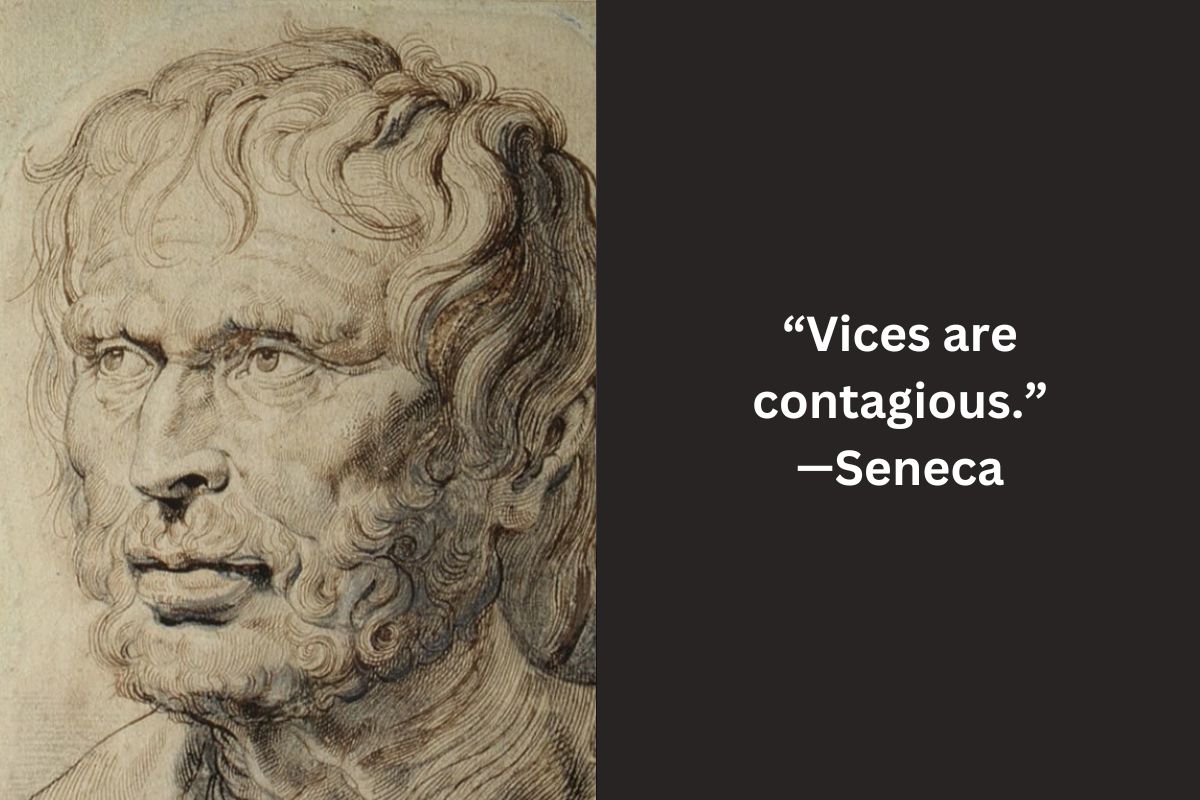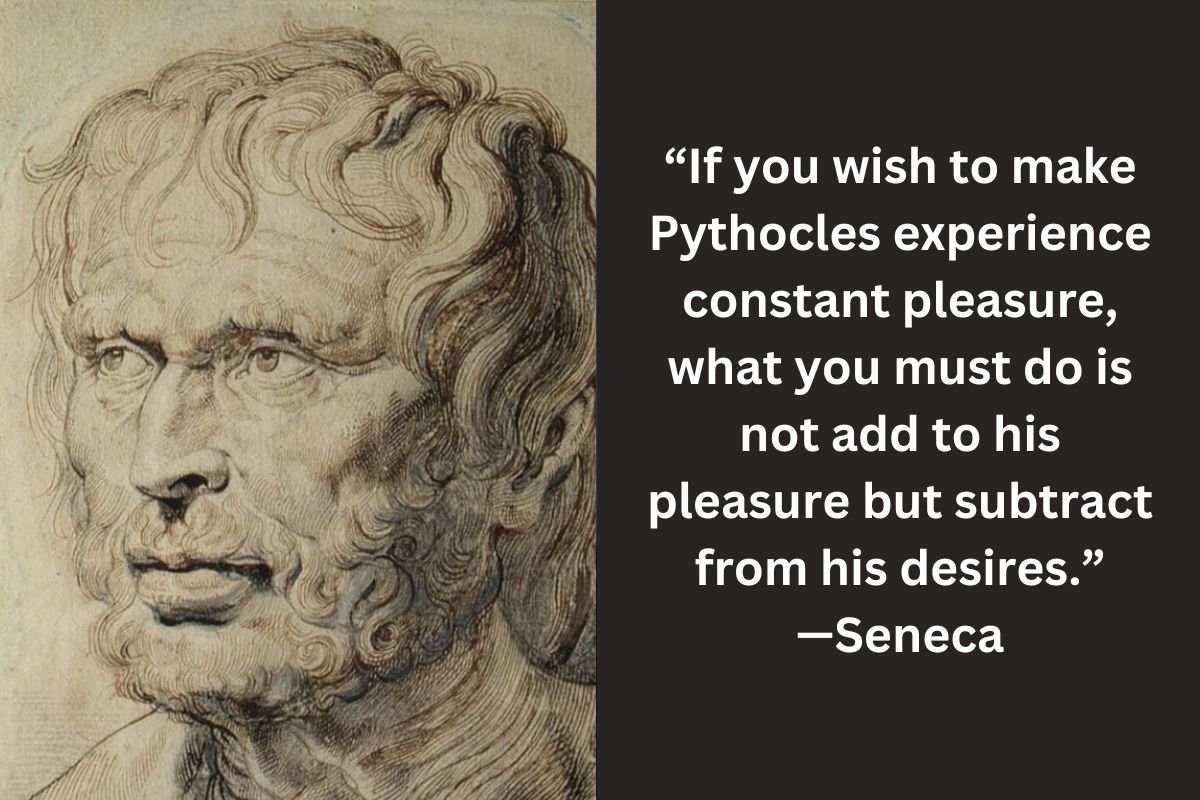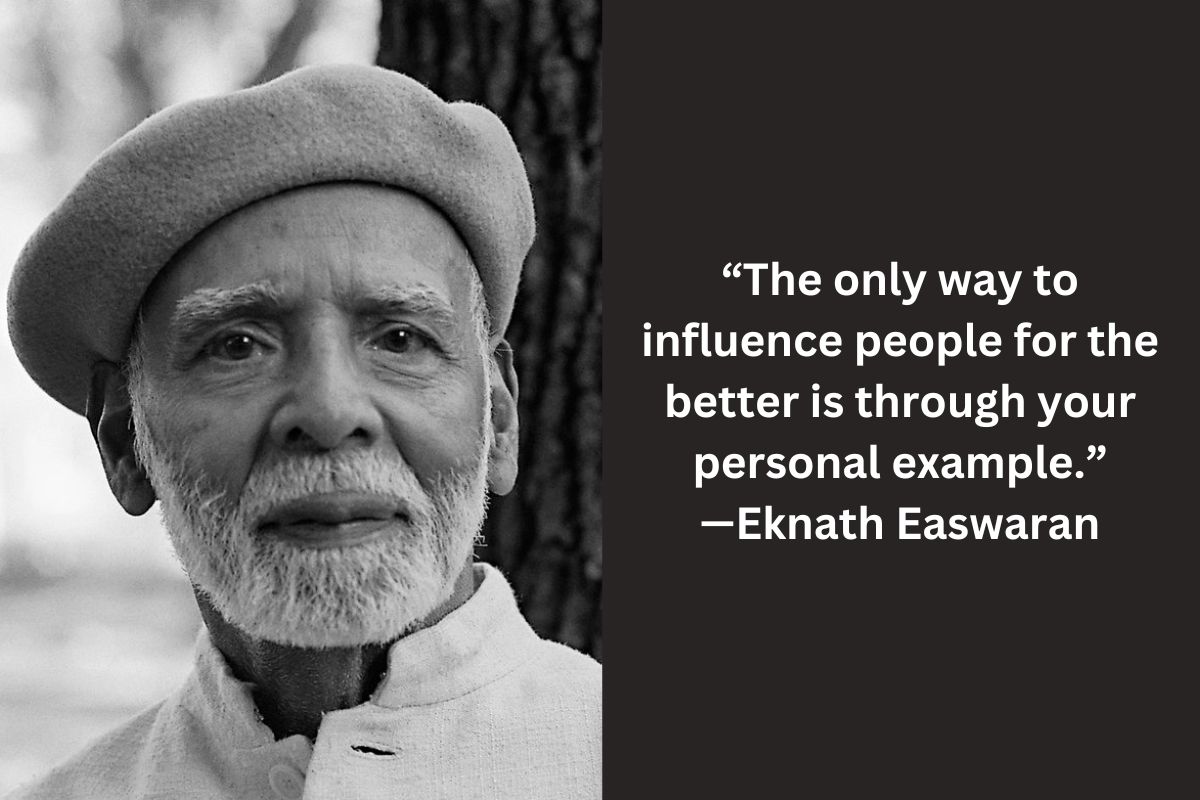 What is moderation? Simple on the outside, this perennial question has infinite depth, and it’s up to us how deep we want to dive into finding its true meaning. In the age of smartphones, digital advertising, and invisible tracking systems that know intimate details of our online activities, it becomes harder and harder to resist buying the next new shiny thing or indulge ourselves in this or that service that promises to make our lives evermore easier and lighter.
What is moderation? Simple on the outside, this perennial question has infinite depth, and it’s up to us how deep we want to dive into finding its true meaning. In the age of smartphones, digital advertising, and invisible tracking systems that know intimate details of our online activities, it becomes harder and harder to resist buying the next new shiny thing or indulge ourselves in this or that service that promises to make our lives evermore easier and lighter.
When everything we want is just one button press away, it becomes vital to learn to draw the line, to say no, and to know when enough is enough. It’s precisely at that moment that we could use some timeless wisdom from a famous Roman philosopher Seneca who took up this question in a letter to his friend Lucilius Junior, included in the wholly essential Letters on Ethics.

After greeting his friend and commending him for his continuous effort to better himself through rigorous hard work and sticking to the single task, Seneca writes:
I have a warning for you. There are those who wish to be noticed rather than to make moral progress. Don’t be like them, altering your dress or way of life so as to attract attention. … Within, let us be completely different, but let the face we show to the world be like other people’s. Our clothes should not be fine, but neither should they be filthy; we should not own vessels of silver engraved with gold, but neither should we think that the mere fact that one lacks gold and silver is any indication of a frugal nature.
The life we endeavor to live should be better than the general practice, not contrary to it. … The very first thing philosophy promises is fellow feeling, a sense of togetherness among human beings. By becoming different, we will be cut off from this. If we are not careful, the very measures that are meant to win us admiration will instead make us objects of hatred and ridicule.
A hankering after delicacies is a sign of self-indulgence; by the same token, avoidance of those comforts that are quite ordinary and easy to obtain is an indication of insanity. Philosophy demands self-restraint, not self-abnegation — and even self-restraint can comb its hair. The limit I suggest is this: our habits should mingle the ideal with the ordinary in due proportion, our way of life should be one that everyone can admire without finding it unrecognizable.

But, “What do you mean?” Seneca adds right after with righteous indignation. “Are we to act just like other people? Is there to be no difference between us and them?” And then calms himself with another dose of Stoic wisdom:
A very great difference, but a difference that will be evident only on close inspection. A person entering our house should marvel at the inhabitant, not at the dinnerware. One who uses earthenware as if it were silver is indeed a great person; equally great, though, is the one who uses silver as if it were earthenware. Not being able to cope with wealth is an indication of weakness.
Letters on Ethics, a new complete and accessible translation by Margaret Graver and A.A. Long, remains a monolithic work of great wisdom and a kind of book that beckons you to open it again and again. Complement with Aristotle on virtues as habits.

I’m a freelance writer with 6 years of experience in SEO blogging and article publishing. I currently run two websites: MindfulSpot.com and OurReadingLife.com. While you’re here, get the latest updates by subscribing to my newsletter.








